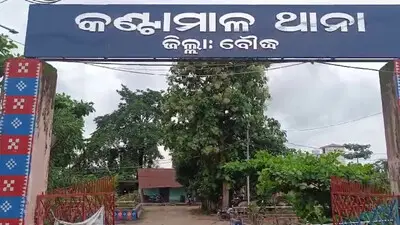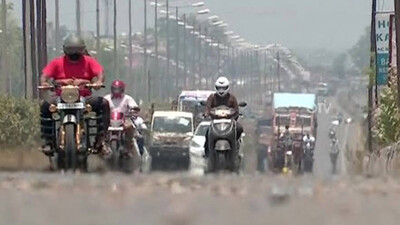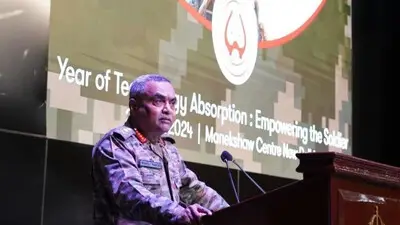Recommended Stories
"The convention recognised India`s work on development of severe accident management guidelines and human resource development programme at the recently concluded 5th CNS review meeting in Vienna," S S Bajaj, Chairman, AERB who led a 13 member high-level Indian delegation told PTI today.
The 5th review meeting was the first major international nuclear safety meeting following the events at Fukushima Daiichi Nuclear Power Plants caused by severe earthquake followed by tsunami on March 11.
India is a contracting Party to the CNS which has 72 member countries and 60 countries participated in the review meeting, he said.
India highlighted the safety aspects of the existing nuclear power plants, safety improvements carried out in older nuclear power plants and safety aspects of the reactors under construction, he said.
"Safety improvements carried out in the Indian NPPs as a result of Periodic Safety Review, Life Extension considerations and from operating experience following the tsunami in 2004 were acknowledged by the contracting parties," Bajaj said.
India also informed about the initiatives taken to ensure safety in the Nuclear Power Plants (NPPs) in the wake of Fukushima accident which includes the formation of a high level committee by AERB to re-examine the NPPs to withstand external events and adequacy of provisions available to ensure safety in such events.
"We briefed all the actions taken by the Indian state-owned operator Nuclear Power Corporation of India Ltd," he said.
India also presented safety research programmes including experimental programmes undertaken by Bhabha Atomic Research Centre and Indira Gandhi Centre for Atomic Research.
The large scale test facilities used for safety research related to the future reactors like Prototype Fast Breeder Reactor and Advanced Heavy Water Reactor were highlighted, Bajaj said.
The fact that all Indian nuclear power plants have undergone external peer reviews by the World Association of Nuclear Operators (WANO) in addition to a strong programme of operating experience feedback both at utility as well as by AERB were highlighted, he said.
"Other contracting parties of CNS also noted that AERB has updated its regulatory requirements in the areas of NPP design, quality assurance, NPP operations and digital instrumentation and control. These updates reflect the current national and international standards and practices as well as experience feedback," he added.
CNS appreciated India`s unique design safety features adopted in the newly designed Indian Pressurised Heavy Water Reactors (PHWRs) of 700 MW each capacity, which are at start of construction stage at Kakrapar (units 3 and 4) and Rajsathan (units 7 and 8), he said.
Indian delegation also informed the CNS that India is developing a seismic qualification programme which is nearing completion.
CNS has decided to hold a focused additional review meeting in 2012 to analyse the relevant issues from Fukushima Daiichi accident, Bajaj said.












